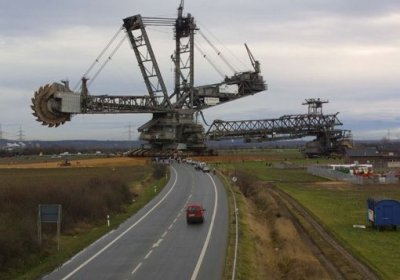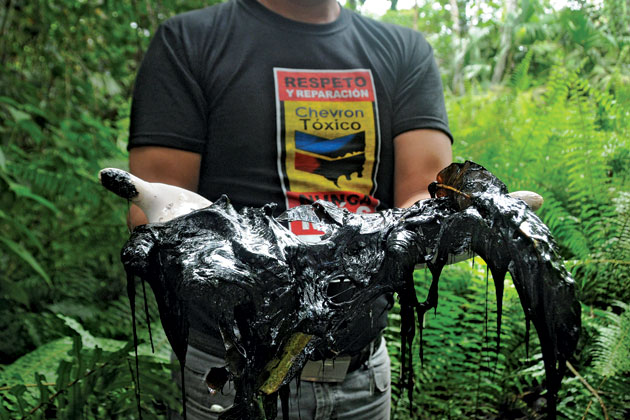The Queensland government once again demonstrated its commitment to progressing Adani’s mega coal mine project in the Galilee basin on October 9.
State development minister Anthony Lynham announced that the government had invoked special powers to ensure the controversial Carmichael coal and rail project starts next year.
The combined mine, rail and associated water infrastructure have all been declared critical infrastructure. Lynham says the decision will mean less red tape for the proposed $21.7 billion Adani venture.








 Fracking in the Vaca Muerta shale reserves.
Mapuche Indigenous communities in the Argentine Patagonian province of Neuquen have denounced fracking in the Vaca Muerta shale reserves, which they claim are contaminating their land and groundwater, killing their livestock.
Fracking in the Vaca Muerta shale reserves.
Mapuche Indigenous communities in the Argentine Patagonian province of Neuquen have denounced fracking in the Vaca Muerta shale reserves, which they claim are contaminating their land and groundwater, killing their livestock.


